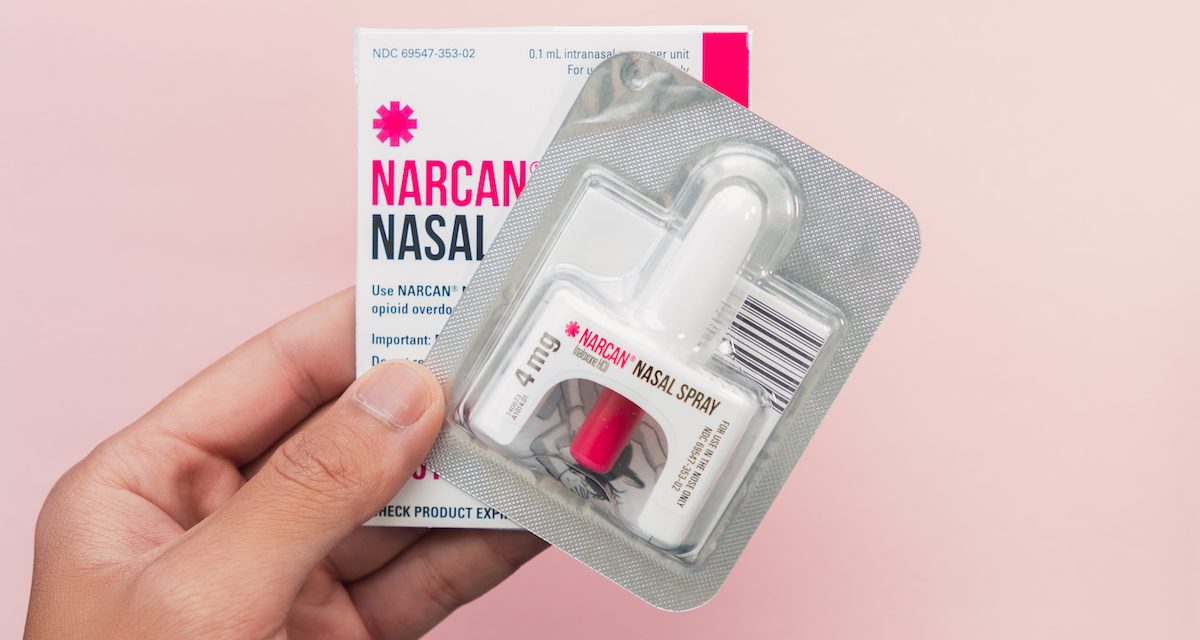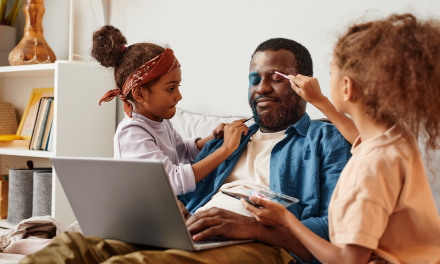On May 31, Missouri’s first self-service Narcan vending machine made its debut at the Butler County Health Department (BCHD). Naloxone, commonly referred to as Narcan, is a medication that can quickly stop and reverse an opioid overdose.
According to Lisa Martin, who sparked the development of the project, the goal is to reduce deaths by putting life-saving medications into the hands of the community. The project was developed in collaboration between Martin, Rural Communities Opioid Response Program (RCORP) Project Director for Missouri Highlands Healthcare; Karen White, CPA, CEO of Missouri Highlands Healthcare; Emily Goodin, BCHD administrator; and Amy Bland, BCHD health educator.
Martin had read about a similar machine housed in a sheriff’s department in Indiana, but as an advocate for harm reduction, wanted to make the machine more accessible. Although first responders have Narcan available in ambulances and patrol cars, they are not in the room while an individual is overdosing.
The vending machine allows individuals in need of Narcan, including those who are accidentally exposed, and the people supporting them to easily access the medication. Stigmas surrounding substance use also create a barrier to treatment as users may avoid seeking help in fear of repercussions.
“I was looking for sustainable ways to target the large number of overdoses occurring in Butler County,” Martin said. “I wanted to move away from having the machine housed with local law enforcement in an attempt to have some neutral ground for people in the community to have access to Narcan.”
According to the Missouri Drug Overdose Dashboard, drug overdose deaths are the number one leading cause of death among adults ages 18-44 in Missouri. More than 70% of drug overdose deaths involve opioids.
Opioids include both prescription and non-prescription pain relievers as well as drugs such as heroin, fentanyl, methadone, morphine, oxycodone, and more. Though prescription opioids and heroin used to drive opioid deaths in Missouri, synthetic, non-heroin opioids such as fentanyl have become the primary killer.
In 2020, synthetic opioids caused 1,095 deaths in Missouri, compared to 36 deaths involving heroin. Non-heroin opioid overdoses accounted for all 19 of Butler County’s overdose deaths in the same year.
As the opioid epidemic rages on throughout both the country and the state, Narcan vending machines offer a much-needed hand. By making Narcan widely accessible, free of stigma, these machines allow individuals to easily obtain immediate life-saving treatment.
The machine is located in the lobby of BCHD and is set to take free vouchers, which are provided on the wall beside the machine. One voucher will dispense one two-dose box of Narcan. According to BCHD, there will be no personally identifying information required. BCHD only requires that recipients of the vouchers are at least 18 years of age.
The machine will remain at the health department, sustained by various funding streams providing the Narcan. Expansion is already underway as Martin is currently working on a second machine for Butler County to be placed at Behavioral Health Group, the local methadone clinic.
“I’m happy and proud knowing that we are bringing harm reduction methods to the communities that need them most,” Martin said. “Overdoses in our counties have been increasing and knowing that we have been able to give people access and education to save a life makes me proud.”
Though the vending machine is a groundbreaking achievement for the health department, it is not the first or only effort to address the opioid crisis in Butler County. BCHD also provides educational material and training classes on how to administer Narcan and the steps to take in the event of an overdose.
According to Martin, Missouri Highlands Healthcare also offers a large variety of supportive services for individuals struggling with substance use, from medication-assisted treatment to counseling and peer support. Their Substance Use Counselors and Peer Support Specialists provide patient-centered care to address all of their patients’ health needs, including medical, dental, and prenatal care.
The U.S. Department of Health and Human Services offers several resources for individuals struggling with opioid use, including a national helpline (1.800.662.4357) and treatment locator.
It’s time to act on Missouri’s opioid crisis. Learn more and get involved.








